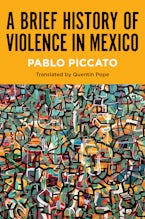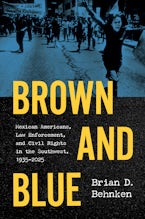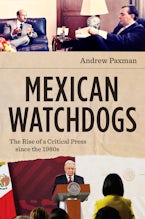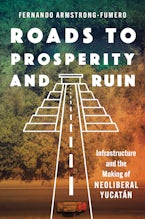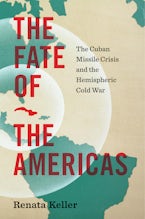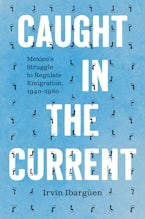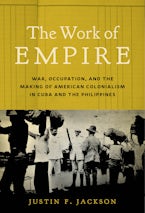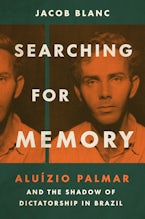“A remarkable work of archival and narrative excavation that brings to the surface the layered lives of Caribbean laborers who built the Panama Canal. This book is not only an intervention in the history of labor and empire, but also a sharp reflection on how archives are formed, silenced, and reanimated.”—H-Sci-Med-Tech
“Box 25 offers a master class on how to bring back voices from the past to reshape our understanding and provoke new insights. Julie Greene digs deep into the seemingly mundane and long-buried archive to excavate hidden treasure, just as its subjects dug down mountains to create the Panama Canal. It was thrilling to feel these workers and their world come alive again.”—Olive Senior, author of Dying to Better Themselves: West Indians and the Building of the Panama Canal
“Without pretension or jargon, Greene shows us how making good use of the documents in Box 25 required understanding geopolitical power, government personnel records, archival theory, life narratives, and community-engaged public history. A bravura performance, wrapped into an unputdownable read.”—Lara Putnam, author of Radical Moves: Caribbean Migrants and the Politics of Race in the Jazz Age
“At once, Julie Greene skillfully shows us the virtues and limitations of one peculiar archival source and the magic of making connections through both our research craft and the histories we write.”—Jorge L. Giovannetti-Torres, author of Black British Migrants in Cuba: Race, Labor, and Empire in the Twentieth-Century Caribbean, 1898– 1948
“An extremely powerful text that reframes key touchpoints in the history of the Panama Canal by centering the perspectives of West Indian workers.”—Joan Flores-Villalobos, author of The Silver Women: How Black Women’s Labor Made the Panama Canal
“With a deep dive into Box 25, Greene challenges us to reckon with the power, fragility, and silences of the archives.”—Jana Lipman, author of In Camps: Vietnamese Refugees, Asylum Seekers, and Repatriates



